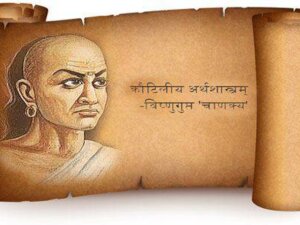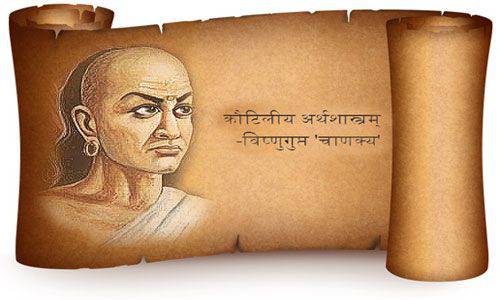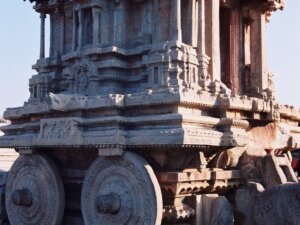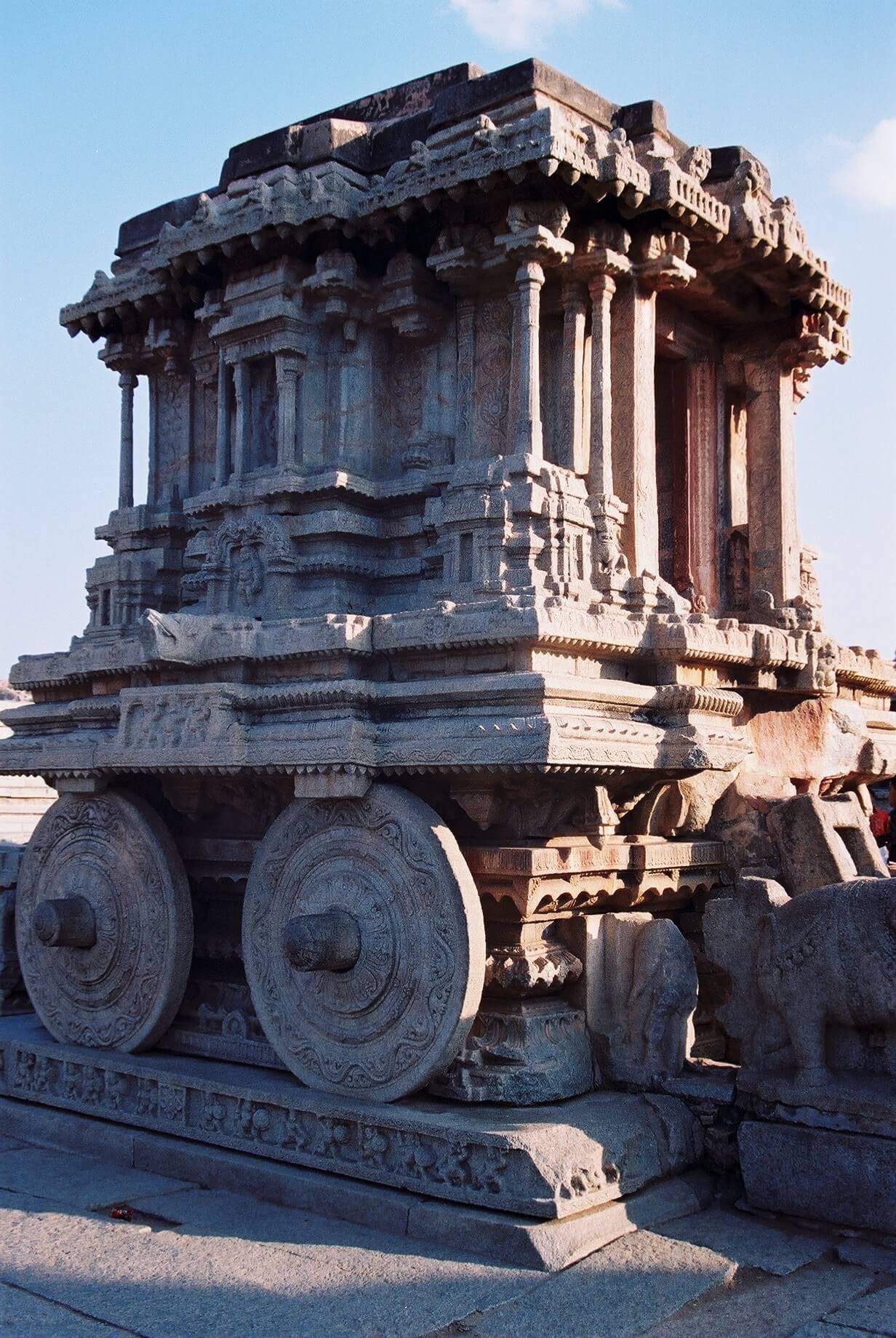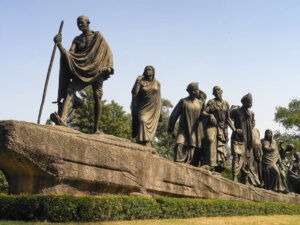Description
Decolonizing the Hindu Condition
Course Content:
Narratives influence the perception of reality and truth. A distorted narrative or a false narrative produces a distorted perception of reality or truth or “false consciousness.” One of the chief aims of the Postcolonial Hindu Studies concentration is to explore thoroughly how the British studies on India during the colonial era generated a false narrative which distorts the manner in which the Hindu reality is described in the texts of the Hindus. This false narrative, however, has had and continues to have cultural, social, and psychological consequences.
Whereas the course Anticolonialism and Postcolonialism gives a theoretical framework to understand the psychological and sociological consequences of colonization and examines these issues from a universal perspective, this course gets into specifics regarding Hinduism and India. This course has a reciprocal relationship with the course Anticolonialism and Postcolonialism and each course dialectically enhances the understanding of the other. It is not necessary to take one before the other, and both may be taken in either sequence.
Course Learning Objectives:
In this course students will be able to
- learn about the consequences of colonization on Hindu psyche and being
- explore how language, self-image, culture, and politics of the Hindus have been impacted by colonization
- examine the myths and generalizations about the Hindus crafted and perpetuated during the colonial rule that continue to persist in the current day mainstream discourse
- investigate how Hindus themselves perpetuate colonial myths today, without critically examining them or investigating their veracity.
Class Structure
There will be a minimum of 3 contact hours with the faculty every week. The class is structured in a way that promotes discussion, dialogue, and debate based on the study of and reflection on study materials each week. The content discussed in each class and the discussions that follow will continue for about 180 minutes. The Faculty will distribute a detailed syllabus and give a bird’s eye view of the course at its very beginning. >>>HUA<<<
Required/Elective: Elective
Prerequisites: Admission into a Program of Study
Faculty/Instructor: Dr. Kundan Singh
Quarter Offered: Spring 2021
Day: Saturday
Time: 02:00 pm EST – 05:00 pm EST
Start Date: April 10, 2021
End Date: June 19, 2021










